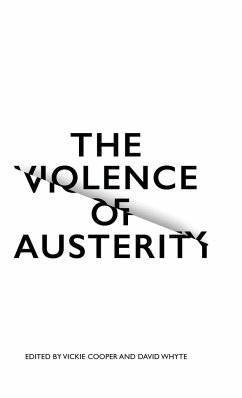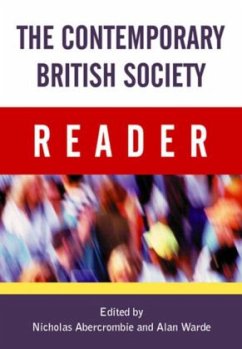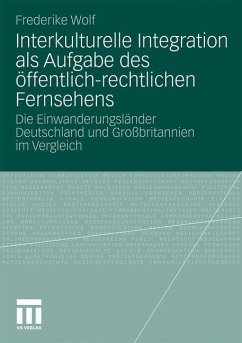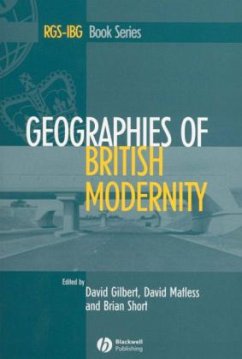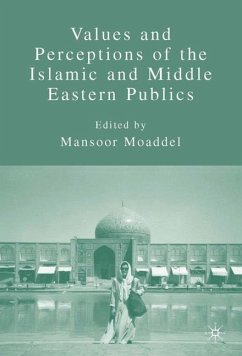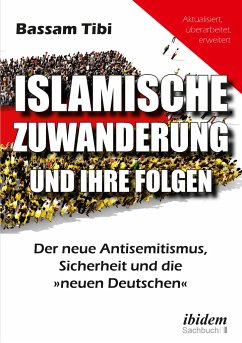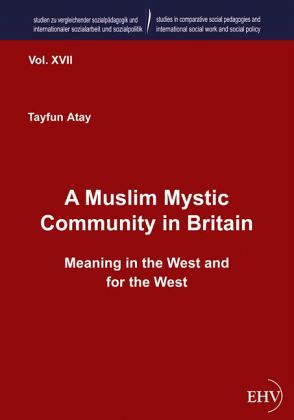
A Muslim Mystic Community in Britain
Meaning in the West and for the West

PAYBACK Punkte
0 °P sammeln!
This book is a social anthropological analysis (based on ethnographic fieldwork) of the discourse and social practice of an Islamic-mystic community in London, namely, the branch of Naqshbandi Sufi order led by Sheikh Naz m of Cyprus. The Naqshbandi order is a well-known mystical institution having a widespread historical and contemporary influence on the life of many Muslims all over the world, including the West. The book focuses particularly on the definitions and reflections of the members of this branch upon themselves and the wider modern ( western ) society outside their close-knit comm...
This book is a social anthropological analysis (based on ethnographic fieldwork) of the discourse and social practice of an Islamic-mystic community in London, namely, the branch of Naqshbandi Sufi order led by Sheikh Naz m of Cyprus. The Naqshbandi order is a well-known mystical institution having a widespread historical and contemporary influence on the life of many Muslims all over the world, including the West. The book focuses particularly on the definitions and reflections of the members of this branch upon themselves and the wider modern ( western ) society outside their close-knit community. It reveals that the Islamic discourse of the community encompasses a multitude of expressions by which the members' perceptions of their social and spiritual universe are shaped and communicated to a wider audience. And it concludes that a thorough analysis of an Islamic community should pay particular attention to three closely related discursive processes: (a) the reflections of such a community on the wider (modern) society of which it is a part; (b) the ways in which it defines itself as 'Islamic' and contests with other Muslim groups or movements for the representation of the 'correct model' of Islamic tradition; (c) the discourses of conflict and power within such a community. Tayfun Atay holds an MA in Area Studies (Near & Middle East) and a PhD in Social Anthropology from School of Oriental and African Studies, University of London. He has done ethnographic fieldworks in London and many parts of Turkey, and published five monographs in Turkish. Currently, he is Professor of Ethnology in the Department of Folklore and Ethnology at the University of Ankara.





